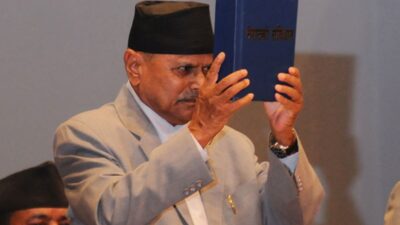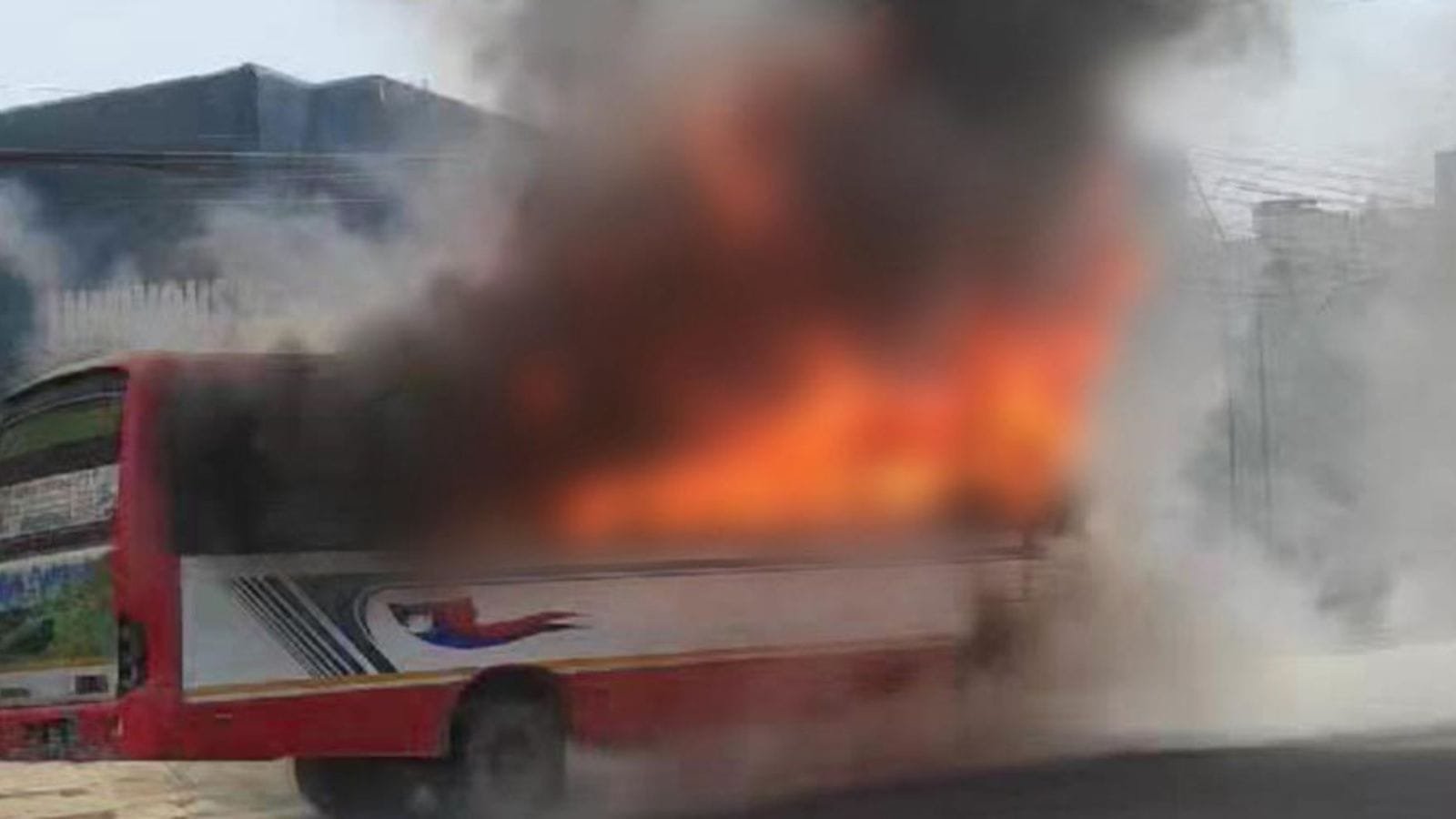Now Reading: What Will Happen to Nepal’s MCC Projects After the U.S. Decision?
- 01
What Will Happen to Nepal’s MCC Projects After the U.S. Decision?
What Will Happen to Nepal’s MCC Projects After the U.S. Decision?

Nepal received a $550 million grant under the MCC.
The Millennium Challenge Corporation (MCC), a U.S. grant aid program, is set to shut down in the next few months. The U.S. Department of Efficiency (DoE), led by Elon Musk, has decided to close MCC as part of cost-cutting measures introduced during the Trump administration.
MCC has been working with developing countries to support economic growth. In Nepal, the MCC project is helping build roads and power transmission lines through MCA-Nepal. However, with the closure, these projects may stop.
According to CNN, the DoE sent an email to all employees on Tuesday informing them about the decision to end the MCC program. Politico also reported that it obtained the same email. The acting CEO wrote that major cuts would be made soon, and staff would also be reduced.
An employee told Politico that they were informed all MCC programs would end within 90 days. The organization, which has over 320 employees, has offered voluntary retirement and resignation packages. Those interested must respond by April 29. Some employees may be put on leave starting May 5, although exact dates were not confirmed.
In a staff meeting on Wednesday, the DoE said it will present the shutdown proposal to MCC’s board next week. The board includes U.S. Secretary of State Marco Rubio, Treasury Secretary Scott Besant, Trade Representative Jamison Greer, the acting CEO, and four private sector members.
MCC was created by the U.S. Congress in 2004 during President George W. Bush’s time. It has been praised as one of the most transparent aid agencies in the world. However, critics have claimed it supports U.S. military strategy.
The agency operates independently of the U.S. State Department and has committed over $5.4 billion in aid to 20 low-income countries.
What About Nepal?
Nepal received a $550 million grant under the MCC. This money supports major infrastructure projects like the Lamahi–Butwal road upgrade and construction of a 160 kV double-circuit transmission line.
If MCC is shut down, these projects might face delays, funding shortages, or may even be left unfinished.
The MCC agreement sparked major debate in Nepal, with critics claiming it was linked to U.S. military strategy. After years of discussion, the Nepali parliament approved the MCC deal with clarifications on February 27, 2022.
Under the agreement, Nepal planned to build a 315-kilometer, 400 kV transmission line across several regions and construct three major substations (in Nawalparasi West, Nuwakot, and Tanahun) under a $126 million contract.
A contract has also been signed for an 18-kilometer cross-border transmission line from Butwal to Gorakhpur, India. Additionally, a two-year livelihood support program for 270 affected people in Ratmate has been completed.
Plans were also underway to upgrade a 40-kilometer section of the East-West Highway from Dhan Khola in Dang to the Banke border. Environmental impact studies were approved, and preparations for tendering had begun.
However, in February 2025, a new executive order by President Donald Trump paused all MCC-related work for 90 days.
Project Summary in Nepal:
| Project | Size/Capacity | Current Status |
|---|---|---|
| Transmission Line | 315 km, 400 kV | Work paused for 90 days |
| Substations | 3 units, 1000 MVA total | Contracts signed |
| Cross-border Transmission | 18 km | Contract signed |
| East-West Highway Upgrade | 40 km | Environmental approval done, tender prep ongoing |
















